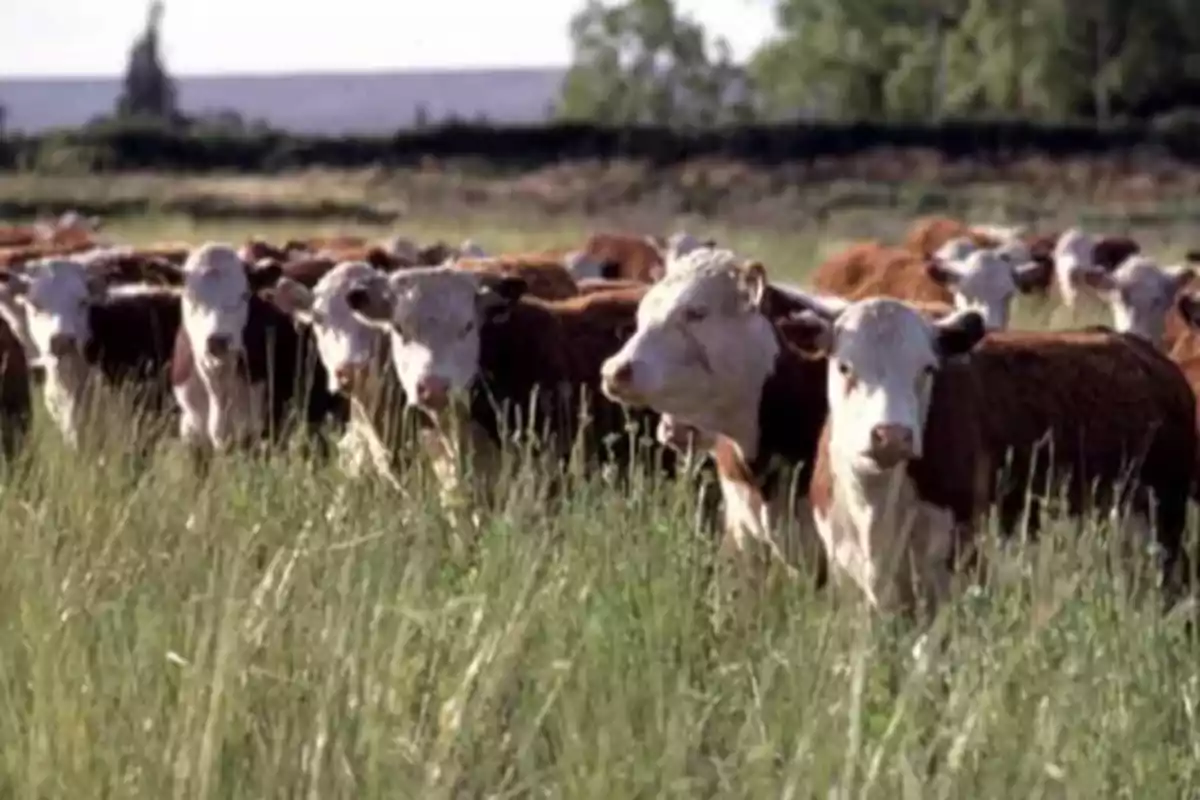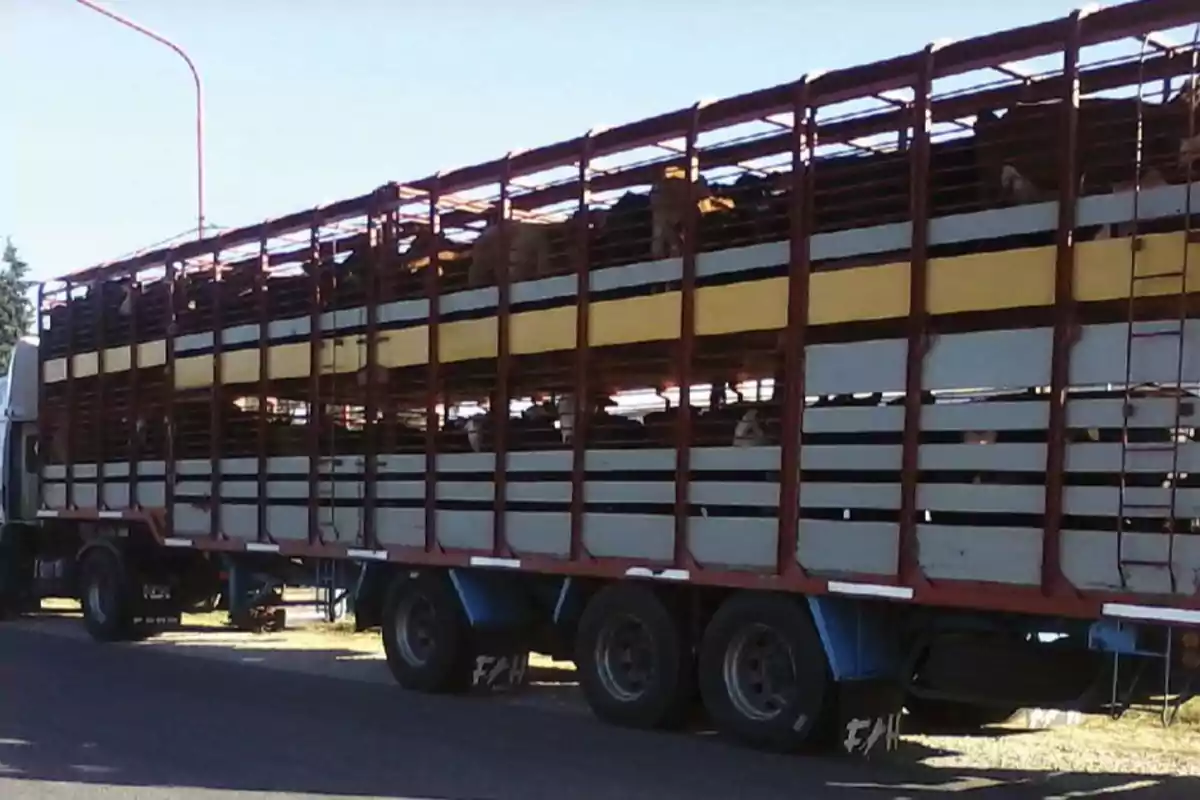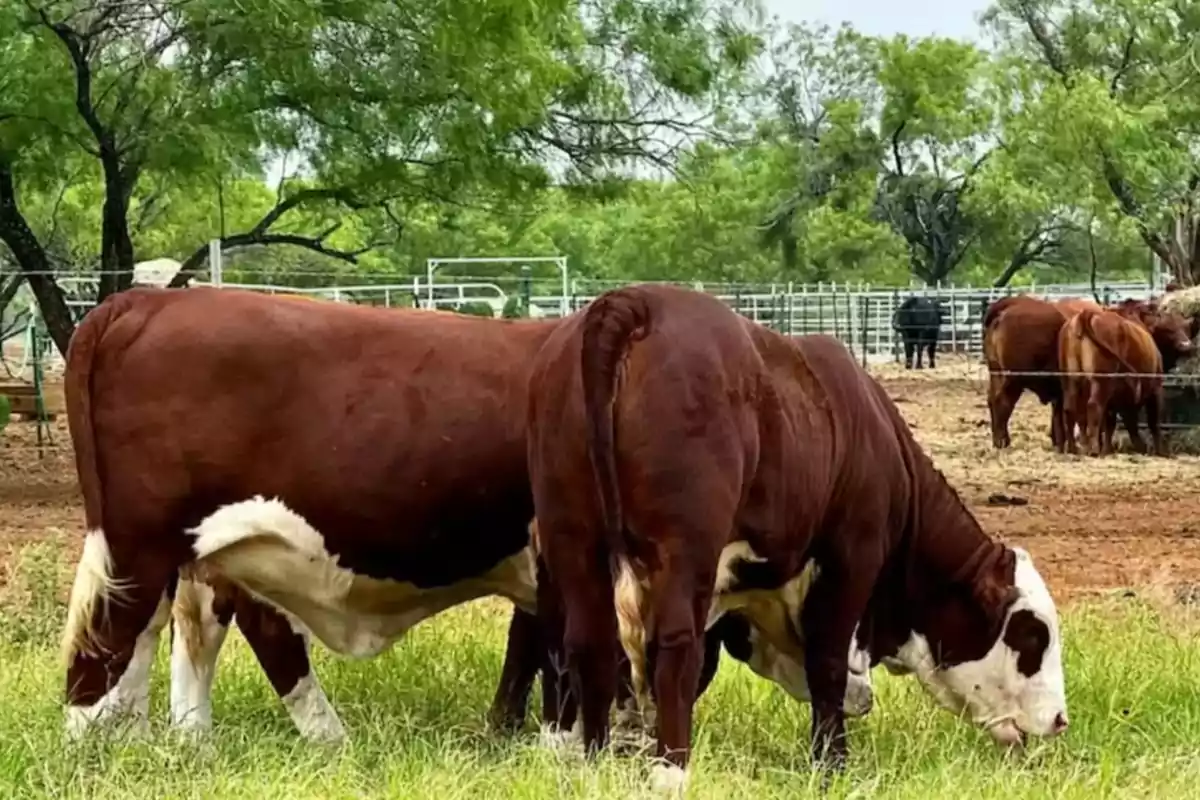
Córdoba ranchers claim that they are being charged a hidden tax
These are the treasury guides, a tax that is charged even for moving animals within the same owner's field
Córdoba livestock producers from the northwest arc issued a statement expressing their discontent over what they consider a "hidden tax." This concerns the livestock movement permits, a levy that must be paid even for moving animals within the same owner's property.
"In times when transparency and efficiency in public spending should be a priority, one of the most regressive, unfair, and distorting mechanisms for productive development in the interior remains in force: municipal livestock movement permits," stated the Rural Associations of the Northwest Arc of Córdoba.

According to their statements, this hidden levy, which is imposed on every head of cattle moved within Córdoba territory, could have collected around 13.5 billion pesos (29.8 million pounds) between 2024 and so far this year in the name of an unconstitutional internal customs.
A tax that gives nothing back to the producer
"What does this 'tax' give back to the community or the rural producer? Absolutely nothing, since the permits do not represent a service, do not improve roads, do not contribute to sanitary control, do not finance local infrastructure, and there is not a single concrete benefit to justify their existence. However, month after month, year after year, producers pay a fee that functions as a true internal customs, expressly prohibited by the National Constitution," they maintain.

The situation borders on the absurd: fees are charged even for moving livestock between fields belonging to the same owner. This is a widespread practice in dozens of municipalities and communes that have found in these permits an easy, opaque source of revenue, sustained by the efforts of others. It is a source of revenue that no one wants to relinquish.
"We have taken on the task of drawing a parallel with official data on 'heads transported' and an average estimate of livestock movement permits. The numbers are surprising," they add.
A direct extraction from Córdoba livestock producers
According to figures from SENASA's Dynamic Dashboards on the agency's portal, during 2024, 7,761,244 animals (bovines and swine) were moved in the province of Córdoba, through 235,116 DTe, of which 1,673,904 animals correspond to our Northwest Arc region (in 49,387 DTe).
In those movements alone, with an average permit value of 1,100 pesos (2.43 pounds) per animal, the hidden levy represented a direct extraction from producers of more than 8.537 billion pesos (18.8 million pounds) at the provincial level, and more than 1.841 billion pesos (4.1 million pounds) in our region alone, during the past year.
So far in 2025, the figure continues to grow: 4,580,403 animals have already been transported throughout the province (134,225 DTe), and 1,000,466 animals in our jurisdiction (29,733 DTe). The estimated accumulated revenue to date exceeds 5.038 billion pesos (11.1 million pounds) in Córdoba and more than 1.1 billion pesos (2.4 million pounds) in the Northwest Arc.
Silent revenue collection
All this volume generates a silent and systematic revenue collection that is extracted from producers with no known destination, with no return or traceability from communes and municipalities.
Although they can be counted on one hand, there are municipalities that have stopped charging this "nonsense," such as the cases we celebrate in Jesús María, La Cesira, and General Cabrera, the rural associations affirm.
"We reiterate that this mechanism, far from promoting local development, strangles it. It hinders commercialization, increases costs, impoverishes the smallest actors, and creates a perverse cycle in which the local government lives off productive effort without offering anything in return," they stated.
"From the Rural Associations of the Northwest Arc of Córdoba, we once again demand the definitive elimination of municipal movement permits. This is an essential measure to bring transparency to the relationship between the state and production, and to begin to reverse the path of fiscal abuse disguised as legality," they added.
"The political decision is still pending. However, the urgency has long been present for every producer who sees how their work is squeezed in the name of a levy that never made sense," they concluded.
More posts: